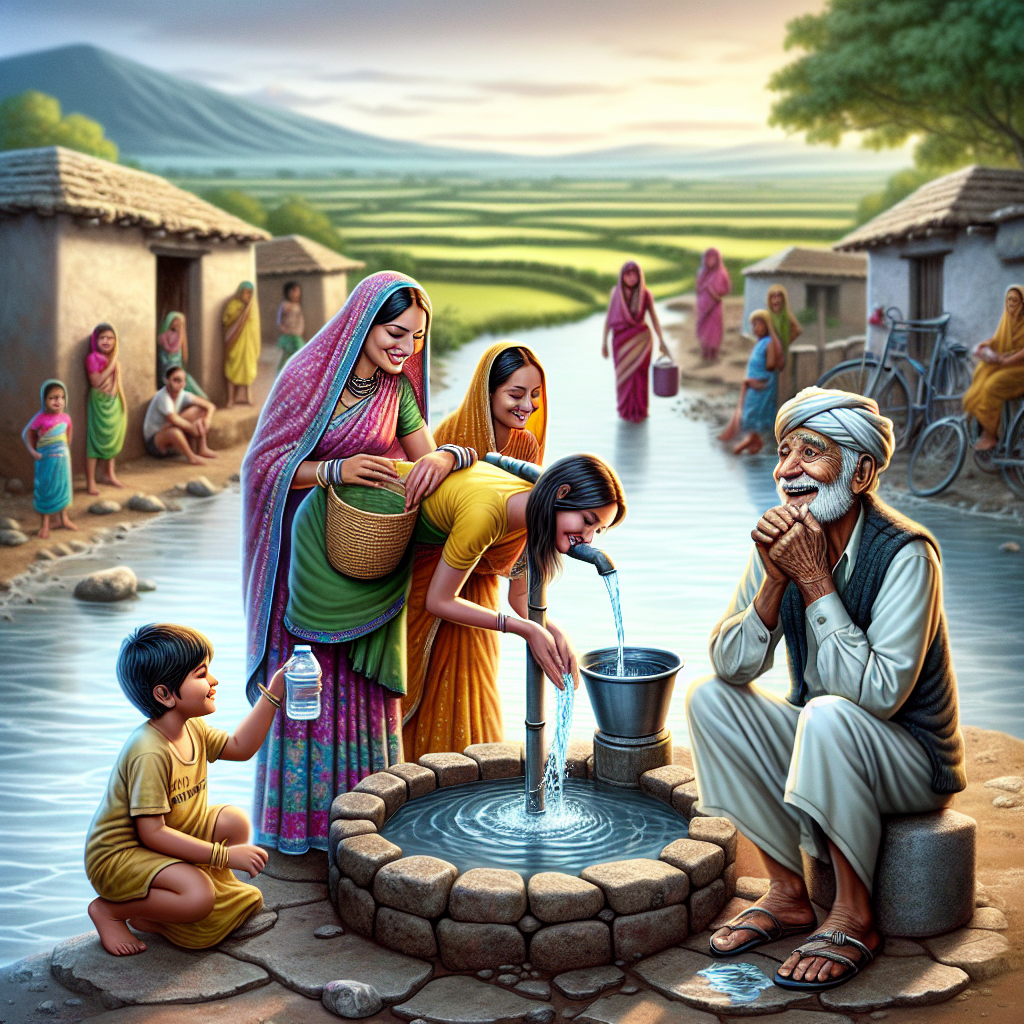Universal Access to Drinking Water: A Global Overview in 2024

Overview of Global Drinking Water Access in 2024
In 2024, the state of global drinking water access marked a significant milestone, with a total of 89 countries achieving universal access to at least basic drinking water services. This achievement highlights the progress made towards ensuring that everyone has access to one of the most critical resources for survival—clean drinking water. However, the quality of water is equally important, and among these countries, 31 managed to provide safely managed drinking water services. This indicates growing recognition of not just availability, but also the necessity for safety in water management.
The Importance of Safe Drinking Water
Access to safe drinking water is essential for health, economic development, and overall quality of life. Here are some key points highlighting why this is vital:
- Health Benefits: Safe drinking water prevents waterborne diseases, including cholera and diarrhea, which can be fatal, particularly for children under five years.
- Economic Growth: Clean water contributes to productivity and economic activity by reducing healthcare costs and improving food security.
- Empowerment of Communities: Reliable water sources empower communities, allowing for better educational opportunities, particularly for women and girls who often spend significant time collecting water.
Challenges and Future Directions
Despite the progress achieved, challenges remain. Numerous countries still struggle with fluctuations in water availability due to climate change, population growth, and infrastructural deficits. Continuous investment and innovative management strategies will be crucial in expanding safe drinking water services.
Key Challenges:
- Infrastructure Development: Many areas lack the necessary infrastructure to ensure consistent water supply and management.
- Climate Change Impact: Changing weather patterns pose a risk to water availability and quality.
- Funding and Resources: Adequate investment in water management systems is essential for sustainability.
Conclusion
The achievement of universal access to basic drinking water in 89 countries is a commendable step toward global water security. However, the focus must shift towards ensuring these water sources are safely managed for all. Moving forward, collaboration among governments, NGOs, and communities is vital to address the ongoing challenges and maintain momentum towards universal water access and safety. Global partnerships, innovative technologies, and sustainable practices will be key to securing a healthier future where everyone can enjoy the right to clean and safe drinking water.
